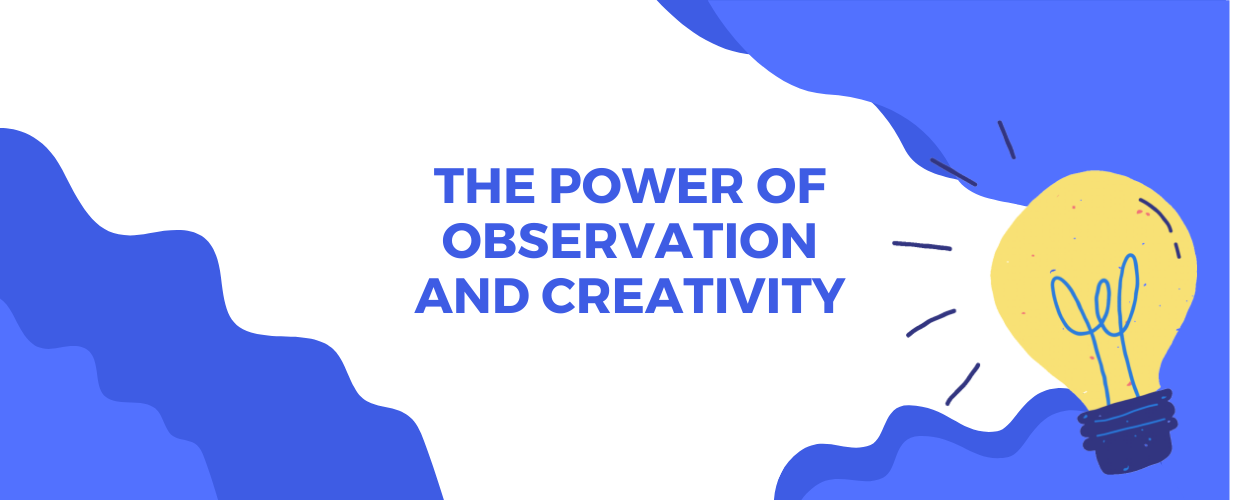On a day that feels like every single one of the previous, one cannot really expect an extraordinary incident to occur, a life-shocking experience to be acquired, or earth-shattering news to dispel their mind-numbness. Nonetheless, when being a teacher of English, magic can be found everywhere, at any given moment inside a classroom—chaos, as well, but that is a story for a different article.
All one needs to find it is observation.
From my experience, it takes courage to observe how each student feels during an English language lesson.
That is because, once one takes on that challenge, they will indubitably notice boredom in class, sleepiness, desperation, and a ton of different mood swings written on their face. All of the aforementioned is normal, acceptable, and bound to happen at some point during the lesson.
No one is wired in a way that allows them to function at full capacity at all times, except for robots, which we do not want our students to become. The aim of this reflection is to provide ways to make our learners as interested as possible in the learning material.
That being said, I cannot refrain from sharing this short yet relevant memory; a student of mine, who is a notorious forgetter, once came to class having brought not only his books but also his pencil case, fully stocked for a secretarial job (pencils, sharpeners, staplers, sticky bookmarks, etc.).
In light of this rare occurrence, I discerned his need to happily share all of his stationery with us, and seven minutes before the end of the lesson, I brought a mini game into being, by using only his equipment and no one else’s.
Having already discussed how an action in the Past Simple interrupts one in the
Past Continuous, we created three lanes using his pens, each ending with a
“STOP” sign.
The students’ pencils represented cars that stayed in the lane using the Past Continuous tense and hit the brakes at the “STOP” sign using the Past Simple tense.
Put simply, as the pencil rolled across the table, the student had to use the Past Continuous (e.g., “I was driving my car”), and when the pencil reached the “STOP” sign, the student had to use the Past Simple (e.g., “when my mother saw a huge STOP sign at the end of the road!”).
Simple yet effective, they left class charmingly arguing whose pencil/car was the fastest; more specifically, he also left feeling more self-assured, a valuable member of our team.
Long story short, the power of observation is indisputable. The bored face can be turned into an intrigued face, the self-conscious into a confident one—at least, inside the classroom. However, for this to be accomplished, we ought to exploit this power to the fullest extent.
P.S.: He doesn’t bring the whole stationery kit every time, but from that day, he always remembers to bring a couple of pencils; just in case!
Danai Stavropoulou, MA in Applied Linguistics/TESOL, BA in English Language and Literature, is the Director of English Studies at The English School, dedicated to empowering students through language education.







